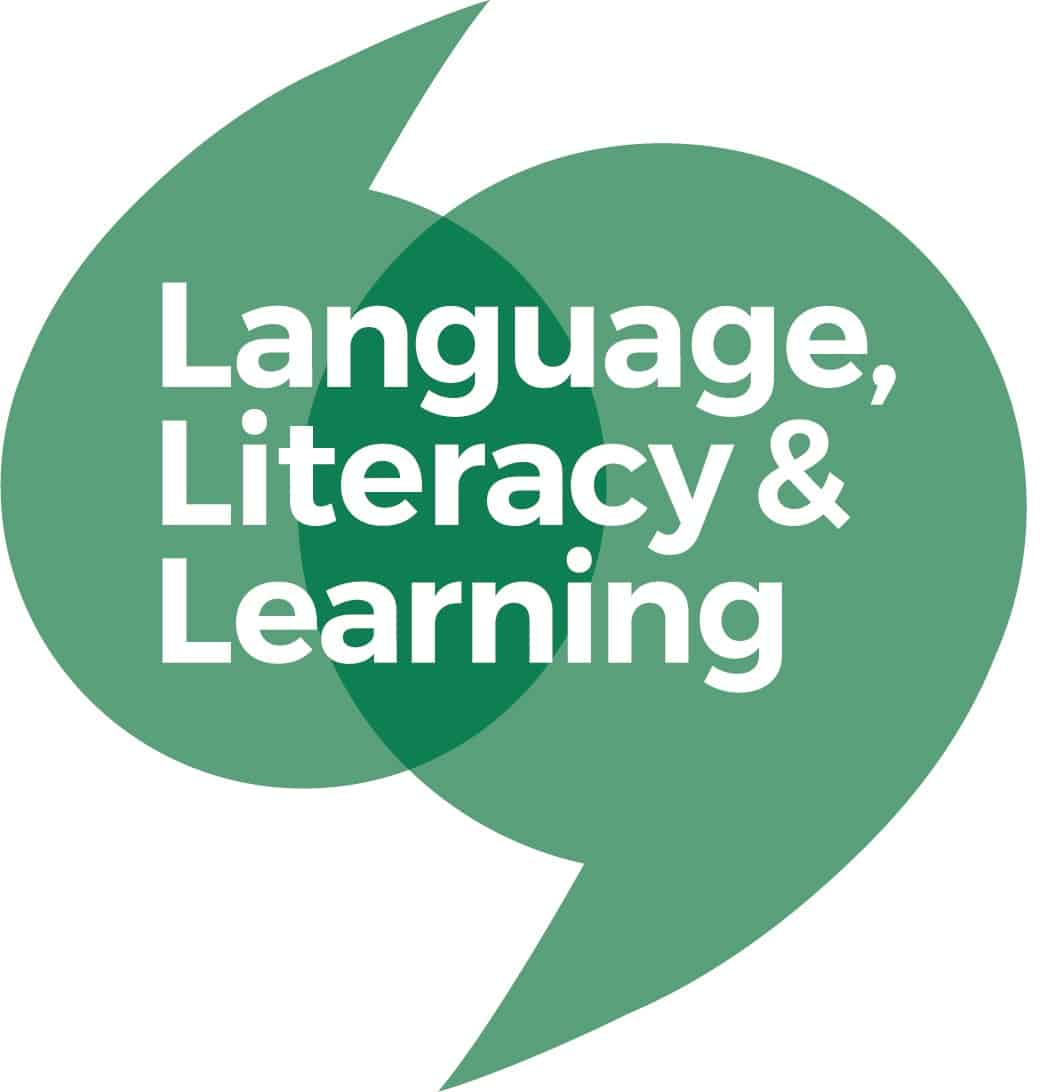Associated Courses
Unlimited access the 2019 Language, Literacy and Learning Conference Keynote Presentations for 6 months.
Description
Keynote 1 – Prof. Stanislas Dehaene
Reflecting on the ways in which literacy transforms the brain
The acquisition of literacy is accompanied by a major reorganisation of cortical circuits in order to ‘recycle’ them for the efficient processing of written words. In this keynote presentation, Professor Dehaene will describe the results of a recent longitudinal study in which functional MRI data was collected every two months before, during and after the acquisition of reading in individual children. The results shed light on the hurdles faced by all emerging readers.
Keynote 2 – Simon Fisher
What genes can tell us about developmental speech and language problems
A significant proportion of children have unexpected difficulties in mastering speech, language and/or reading skills, despite adequate intelligence and opportunity. It has been suspected for many years that genetic factors make a substantial contribution to such disorders. With advances in DNA methods, researchers are now able to identify some of the key genes that are involved, to study how they work, and to ask what happens in the brain when they go awry. This presentation will introduce this exciting field, giving an overview of the latest findings and considering their impact on our understanding of developmental language disorders.
Keynote 3 – Daniel Ansari
Searching for the equivalent of phonological awareness in early numeracy
In the study of typical and atypical reading key early predictors of later reading success, such as phonological awareness and phonics have been identified. The discovery of these key building blocks of the reading brain have been translated into screeners for children at risk as well as evidence-based interventions for struggling readers. In this talk, Professor Ansari will discuss whether similar key foundational skills can be identified for better understanding individual differences in early numeracy development and what they are. In this context, he will examine how children learn the meaning of numerical symbols (i.e. number words and Arabic numerals) and how differences between children in their processing of symbols maps onto their learning of arithmetic. The implications of this work for screening and remediation of mathematical learning difficulties will be discussed. Professor Ansari will also discuss the overlap between reading and mathematical difficulties.
Keynote 4 – Yana Weinstein
Can cognitive psychology help you teach and learn?
Dr Yana Weinstein will discuss how both educators and students can benefit from decades of research in cognitive psychology. This keynote address will focus on how teachers can find opportunities for spacing out learning over time and engaging other effective learning strategies in the classroom. Dr Weinstein will also discuss what cognitive psychologists are doing to get the word out about this research, including some challenges to sharing this important information, as well as potential solutions to these communication challenges.
Keynote 5 – Kathy Rastle
The journey from form to meaning in English and other writing systems
Learning to read is arguably the most important aspect of a child’s schooling, and provides the key means for accessing new knowledge into adulthood. Yet, unlike our capacity for spoken language, learning to read requires years of instruction and practice. In this presentation, Kathy describes the first stages of how a child learns to relate arbitrary visual symbols onto spoken language, and then discusses what characterises the acquisition of reading expertise into secondary schooling. Finally, Kathy shows how the nature of the writing system shapes these processes.
Keynote 6 – Tom Bennett
Creating a culture: What evidence tells us about good behaviour in schools
Many teachers and school leaders have little training in how to run a room – or a school. The assumption is that we pick it up on the job. But this is a terribly under-structured and haphazard way to approach one of our most important functions: keeping children safe and building environments where they can flourish and learn. In this talk, Tom Bennett will discuss what evidence can tell us about the well-run classroom and school.
